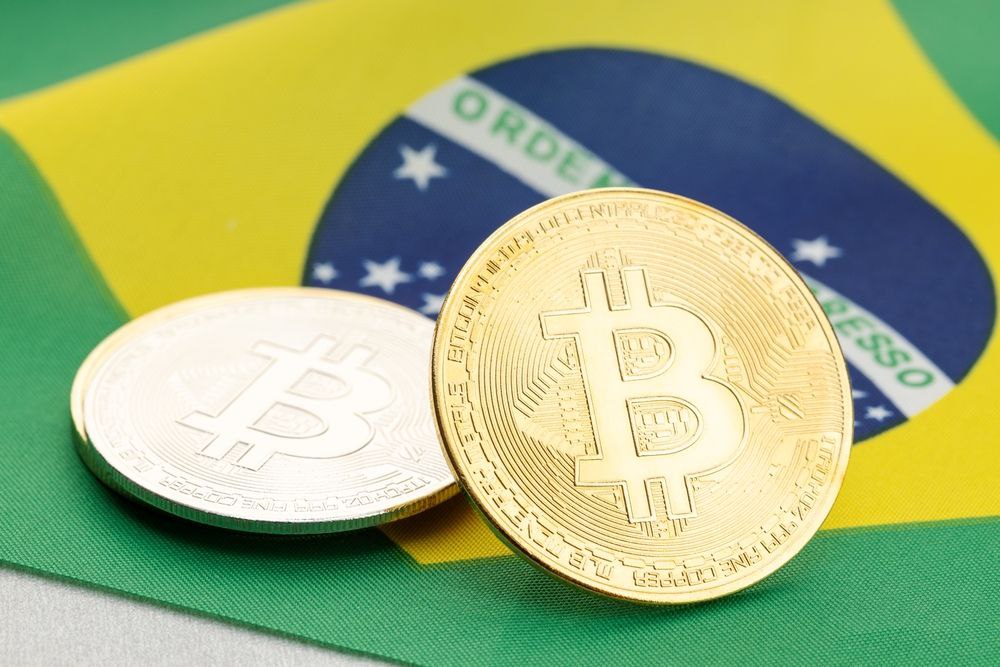Brazil’s Chamber of Deputies voted to approve the law recognizing crypto payments. The regulatory framework considers cryptocurrencies as payments throughout the territory of the South-American nation. Unlike El Salvador, which approved Bitcoin as a legal tender, the law approved by the federal legislative body legalized its inclusion in payment agreements.
The failure to endorse Bitcoin as a legal tender is not eliciting concerns as the crypto community lauds the Chamber of Deputies as setting the pace for digital currencies adoption in the county. Besides, the regulatory framework stipulated under PL 4401/2021 code sanctions traveler rewards by airlines and virtual currencies within the country’s payment agreements.
Although the law awaits approval from the executive and president’s signature, it offers legal status to cryptocurrency-based payments. Additionally, the approval provides a regulatory boost to expand the crypto ecosystem while tasking Brazil’s central bank with mandatory supervision.
Crypto Regulation Progress in Brazil
The recent approval of cryptocurrency payments displays the considerable progress realized in the South American country to ease cryptos adoption. The regulation cements Brazil’s top-ranked Latin American country in cryptocurrency exchange-traded funds (ETFs).
Besides, it has the majority of banks and institutional brokers with a portfolio offering cryptocurrency investments, custody, and related token offerings. The milestone is evident in the recent announcement by a leading private bank – Even Itaú, to rollout, tokenized assets in future service packs.
Crypto Regulation a Work-in-Progress
The law approved by the Deputies Chamber is a noticeable leap into delivering government oversight to the crypto industry. The proceedings behind its approval acknowledge active input from the executive for its implementation.
Primarily, legislative members echoed calls for the executive to identify the office-in-charge or agency to execute the supervisory duties. The legislators recognized the jurisdiction of Comissão de Valores Mobiliários (CVM) – the country’s security market authority – is limited to tokens identified as securities.
While recognizing the active input of Brazil’s Central Bank and CVM, the legislation envisions a compliance-focused crypto sector. The law provides for predominant compliance of trusted third parties offering cryptocurrency exchange, self-custody, and administration.
Brazil’s Way-Forward in Crypto
The law did not endorse the issuance of digital currency by the central bank. The absence does not erode significant progress in obligating crypto service providers to exercise professionalism in managing clients’ funds. The law mandates crypto service providers to run separate clients’ funds to avoid FTX-like events of misusing users’ deposits.
The law ruled out conferring tax benefits to crypto miners. Instead, it called for close monitoring, citing the vulnerability of digital currencies as means of facilitating criminal operations owing to their anonymity nature.
